Music lessons are undoubtedly a valuable opportunity to learn and grow as a musician. Whether you’re a beginner or an experienced player, the time spent with your music teacher is crucial for developing your skills. However, what often separates successful musicians from the rest is their commitment to practising regularly outside of those lessons. Here are ten compelling reasons why you need to practise in between your music lessons:
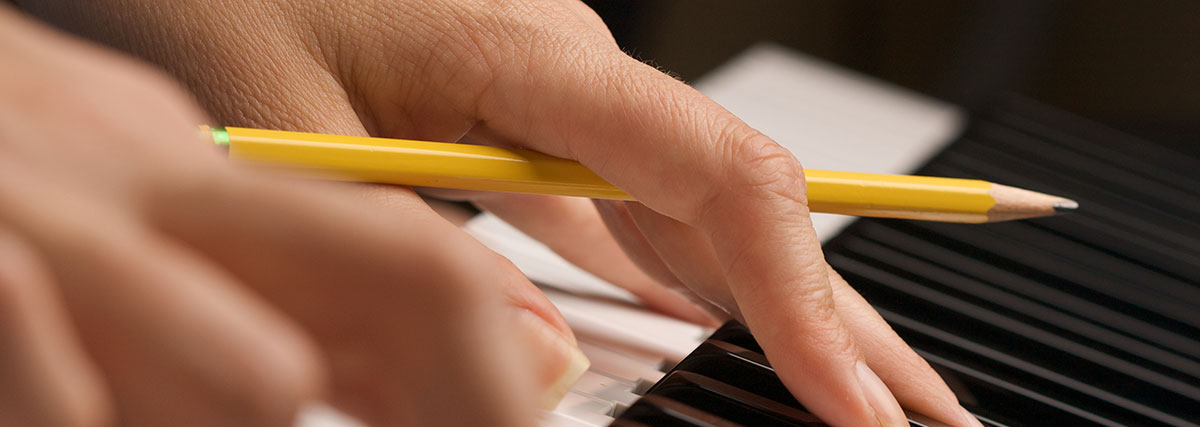
Reason 1 – You Will Develop Your Musical Skills and Abilities!
Regular practice serves as the bedrock of musical skill development. It’s the time when you take the knowledge and techniques gleaned from your lessons and transform them into tangible abilities. Each practice session is an opportunity to solidify your understanding, refine your techniques, and integrate what you’ve learned. Through consistent effort and repetition, you gradually transition from a novice to a more skilled and confident musician. Whether you’re perfecting finger placements on a guitar or mastering intricate piano passages, the act of practicing bridges the gap between theory and mastery, ultimately shaping you into a more accomplished player.

Reason 2 – You Will Build Your Muscle Memory
Consistent practice builds muscle memory, making it easier to execute complex passages and techniques effortlessly.
Imagine effortlessly playing a complex musical piece, your fingers moving fluidly across the instrument as if guided by an invisible hand. This seemingly magical ability is the result of consistent practice building muscle memory. Through repetition, your muscles become finely attuned to the specific movements required for your instrument. Whether it’s the precise bowing of a violin or the intricate fingerpicking on a guitar, muscle memory enables you to execute these techniques with precision and ease. It’s akin to learning to ride a bike; once ingrained, it becomes an inherent part of your musical repertoire, allowing you to focus on the artistic nuances and emotional expression within the music.

Reason 3 – You Will Develop Your Memory Retention Via Music!
Practicing between lessons helps you retain the information your teacher imparts, ensuring that you make steady progress.
Learning a musical instrument is akin to embarking on a journey of continuous discovery. However, without regular practice, the knowledge and techniques acquired during lessons can easily slip away. Practicing between lessons acts as a safeguard against this loss. It reinforces what you’ve learned, solidifies your understanding, and ensures that the valuable information imparted by your teacher remains firmly in your musical toolkit. With each practice session, you not only maintain your progress but also create a foundation upon which you can build as you explore more complex and challenging musical territories.
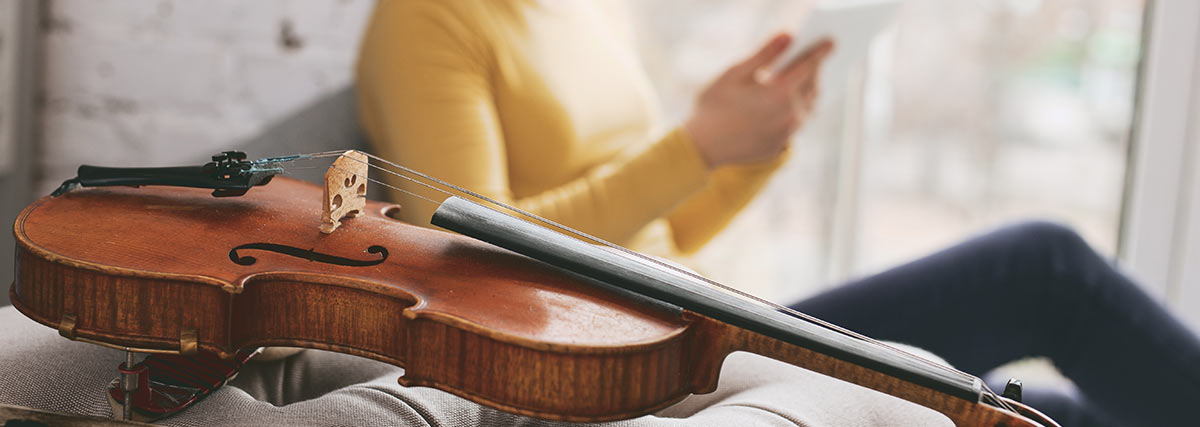
Reason 4 – You Will Learn To Monitor Your Musical Development!
It allows you to track your progress, identify areas that need improvement, and discuss them with your teacher during lessons.
Tracking progress is akin to plotting a course on a musical map. Regular practice sessions enable you to chart your musical journey. You can see the incremental improvements in your playing and gauge your development over time. Moreover, it helps you identify specific areas that require attention and improvement. Armed with this knowledge, you can engage in more productive discussions with your teacher during lessons, focusing on targeted areas for growth. This feedback loop ensures that you remain on a steady trajectory of advancement and continually refine your musical skills.
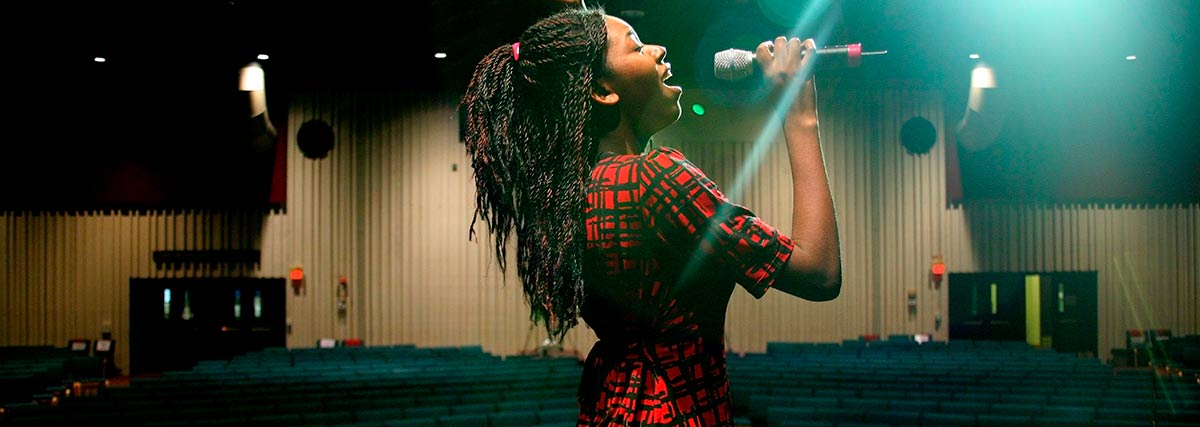
Reason 5 – You Will Build Your Confidence!
Frequent practice builds confidence in your abilities, making you feel more at ease when performing or tackling challenging pieces.
Confidence is the secret sauce that elevates your musical performance. Regular practice is the crucible where this confidence is forged. As you dedicate time to practice and witness tangible progress, your self-assurance grows. You become more comfortable with your instrument, your techniques, and your ability to tackle even the most demanding musical compositions. This increased confidence extends to your performances, enabling you to step onto the stage with poise and composure, ready to share your musical talents with the world.
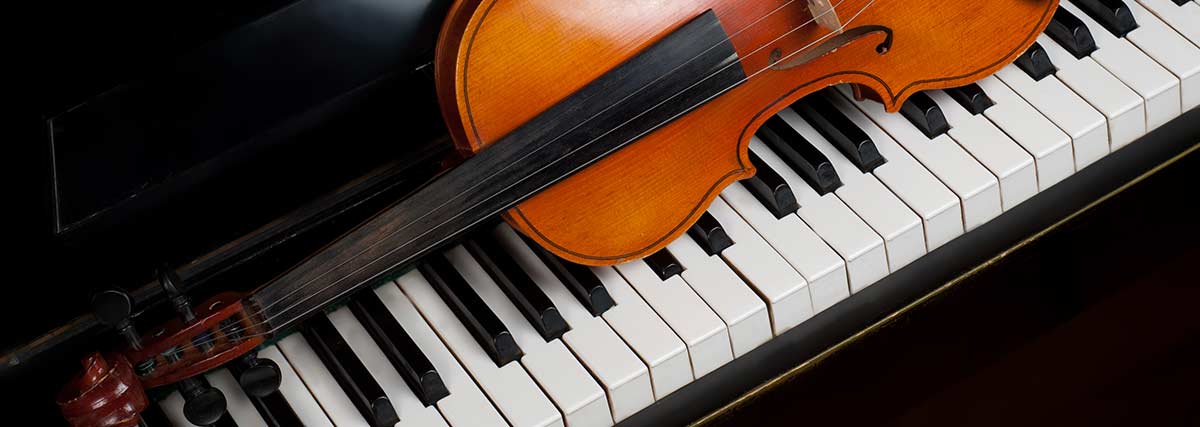
Reason 6 – You Will Find Your Musical Creativity 🙂
Practicing on your own gives you the freedom to explore your creativity, experiment with new ideas, and develop your unique style.
Musical practice is not merely about mastering existing pieces; it’s also an avenue for creative exploration. When you practice on your own, you enter a realm of musical experimentation and innovation. It’s where you have the creative freedom to breathe life into your instrument, to craft your unique musical identity, and to venture beyond the boundaries of written scores. Here, you can experiment with different phrasings, dynamics, and tempos, infusing your personal touch into the music. Whether you’re composing your melodies or improvising on your instrument, this creative exploration is the birthplace of your musical style. It’s where you discover the subtleties that make your music uniquely yours, allowing you to express your emotions, experiences, and individuality through your craft.
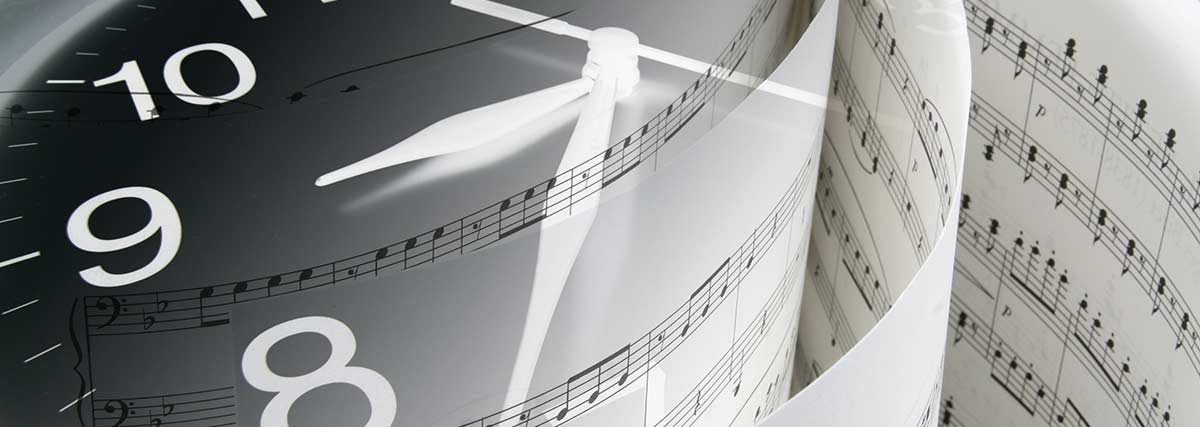
Reason 7 – You Will Learn Time Management Skills Via Music Practice!
Dedication to regular practice instills good time management skills, as you learn to allocate time for your music amidst other commitments.
The commitment to regular music practice is more than just a journey of musical growth; it’s a lesson in effective time management. In a world brimming with commitments and distractions, musicians must become adept at allocating precious time to their music. Regular practice sessions teach you to prioritize, schedule, and manage your time effectively. It’s a valuable skill that extends beyond the practice room and into all aspects of life. Learning to balance your musical aspirations with your daily responsibilities not only ensures steady progress in your musical journey but also equips you with a life skill that allows you to excel in various areas while still nurturing your passion for music.

Reason 8 – You Will Learn To Set Goals And Achieve Them!
Setting and achieving practice goals helps you stay motivated and gives you a sense of accomplishment.
In the world of music, goals are like guiding stars, illuminating your path to excellence. Regular practice provides the perfect platform for setting and achieving these goals. Whether it’s mastering a challenging piece, improving your technique, or memorizing a complex composition, each practice session becomes a step towards a specific objective. These practice goals serve as a powerful motivator, keeping your passion for music burning brightly. As you attain each goal, a profound sense of accomplishment washes over you, further fueling your dedication and enthusiasm. This sense of achievement extends beyond the music room, infusing your life with a mindset of continuous improvement, and the belief that with dedication and perseverance, any goal is attainable.

Reason 9 – You Will Learn To Perform Confidently!
Regular practice prepares you for performances, ensuring that you can perform confidently and flawlessly when the spotlight is on you.
Performing music in front of an audience can be both exhilarating and nerve-wracking. Yet, the confidence to perform with grace and precision is born in the crucible of regular practice. Each practice session is a rehearsal, a preparation for the grand stage. By practicing regularly, you develop the poise and skill required to step into the spotlight with confidence. It’s in these countless hours of practice that you conquer stage fright, fine-tune your timing, and refine your interpretation. Regular practice ensures that you’re not just ready for the performance; you’re poised to deliver a flawless, captivating, and unforgettable musical experience, leaving a lasting impression on your audience.

Reason 10 – You Will Develop Deeper Musical Connections!
Practicing between lessons fosters a deeper connection with your instrument and music, making your musical journey more fulfilling and rewarding.
Beyond the technicalities and the notes on the page, there lies a profound connection between musician and instrument. This connection is nurtured in the quiet moments of practice between lessons. It’s where you explore the hidden depths of your instrument, uncover its nuances, and discover the true essence of music. Regular practice allows you to delve into the emotional intricacies of your chosen pieces, connecting with the melodies and harmonies on a profound level. This deep musical connection transforms your musical journey into a fulfilling and rewarding experience. It’s not just about playing the right notes; it’s about conveying the emotions, stories, and passions that reside within the music, forging a timeless bond between you, your instrument, and the world of music.
In conclusion, music lessons are like stepping stones on your path to musical proficiency, but it’s the diligent practice in between those lessons that propels you forward. So, make the most of your musical journey by dedicating time each day to practice, and watch as your skills flourish and your musical horizons expand.


